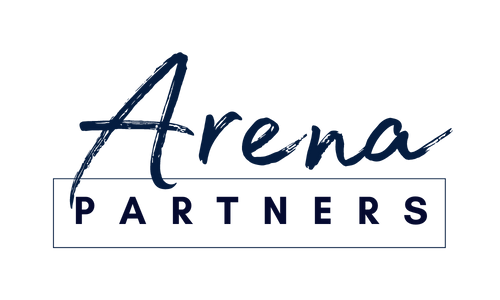3 Ways to Conserve Cash in a Down Market
I had a conversation with a particularly self-aware co-founder of a venture-backed business last week and I asked him what was keeping him up at night these days. He quickly said, “How do I run my business differently in this down market?”.
It’s a great question. Most founders haven’t ever seen a downturn. He hadn’t. He raised a significant series A at a crazy high valuation in 2021 at the peak of the market with multiple terms sheets. He’s known nothing but high valuations, customers flush with cash to spend, and the biggest challenge being hiring employees in a competitive market.
Your first concern should always be cash.
In a down market, you need to know that the cash you have is all that you will have for the foreseeable future.
There are multiple things that you should be doing differently, but stopping any unnecessary burn as quickly as possible gives you more time to be thoughtful about more strategic decisions.
You have to assume that “down market” means at least two things for your business. Customers aren’t spending as much as they were and access to capital isn’t what it used to be.
You need to know that the cash that you have is all that you will have for the foreseeable future and that the revenue that you are counting on from customers is becoming more tenuous each day.
Here are 3 tactical out of the ordinary things that you might consider in a down market to conserve cash:
- Cut unnecessary software and tool subscriptions.
- I recently worked with a company that had over $800k/yr in various subscriptions ranging from dev tools to analyst reports. Going through and doing a scrub of which services were necessary and how many users of the remaining necessary tools, brought that annual number down to just under $300k/yr. That’s a huge find that saved 3-4 extra headcount from a possible layoff with no real downside.
- Office space – get a roommate
- In the 2008 downturn, I was running a company that had a fairly nice and open floor plan office space. When the housing market bubble burst and we all had to tighten our belts, we were looking for any possible way to lower our burn, including our $30k/month office space. We were only one year into a five-year lease and couldn’t get out in any cost-effective way even though we didn’t need all the space. What we did do was reach out to one of our VCs who had a new portfolio company in the same city and needed a place to house about 25 people. In a quick weekend rearrange of the office space and some simple ground rules, we had a sister portfolio company move into a section of the office saving us over $12k/month and also helping out another company along the way. As a bonus, the office had a much better “buzz” with all the extra people when most offices were at half capacity and pretty depressing.
- Renegotiate headcount – in-house recruiters
- I love recruiters. The good ones can be worth their weight in gold. However, in a down market, you’re not going to be hiring much if at all. So having an in-house recruiter serves little to no purpose. If you have one on staff, consider renegotiating their agreement. Let them stay in the office, use the facilities, etc. but let them work as an independent recruiter for the time being. You don’t need their services but it’s a good-faith gesture to keep them close because you will need them eventually when you come out of this downturn.
Bonus: Something NOT to do:
- Ditch the free company lunches, Diet Cokes, and 401k matching
- You need to keep the people that you have engaged. If you are forced to reduce headcount, do it in whole bodies, not by cutting 10% off of each body. Reducing 401k matching, removing the free diet cokes from the fridge, and canceling the company picnic can save a few bucks, but the cost in morale rarely makes up for the actual cost savings. You’re going to be asking the employees who remain after a layoff to do more with less, so make sure that you take care of them.
Running a company in a down market is different. The quickest and most helpful thing you can do is to start by removing unnecessary burn. There’s plenty more to do, but this will give you extra latitude to think through the tougher strategy issues that will follow. Next you need to figure out if your business is actually doing the right thing…

